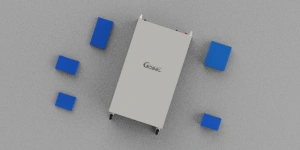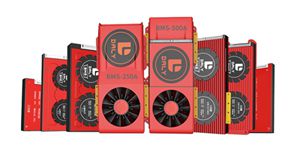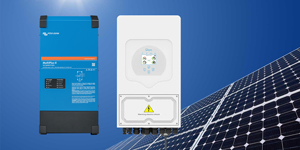EV BATTERY CELL TYPES
Lithium Battery Supplier
Lithium Battery Supplier, LiFePO4 Battery Wholesale. One Stop Services.
-
Solution Lithium Battery Charger -
Solution Energy Storage Battery
Discover the Various Ev Battery Cell Types: Unlock the Future of Sustainable Energy As the world shifts towards a cleaner and more sustainable energy landscape, Electric Vehicle (EV) battery cells play a vital role in powering the next generation of eco-friendly transportation. With advancements in technology, EV battery cell types have evolved to offer improved performance, efficiency, and durability. In this article, we'll delve into the world of EV battery cell types, exploring the different types and their unique characteristics, advantages, and applications. Lithium-Ion (Li-ion) Cells The most commonly used EV battery cell type, Li-ion cells store energy through the movement of lithium ions between positive and negative electrodes. Their high energy density, long lifespan, and relatively low production cost make them the go-to choice for many EV manufacturers. Lithium-Iron Phosphate (LiFePO4) Cells These cells use a different cathode material, iron phosphate, which enhances thermal stability and safety. LiFePO4 cells are known for their high cycle life, long lifespan, and reduced self-discharge. Nickel-Mangan-Cobalt (NMC) Cells NMC cells combine the benefits of NiMH and Li-ion cells, offering a balance between energy density and lifespan. Their high energy storage capacity and reasonable cost make them an attractive option for many EV manufacturers. Solid-State Batteries (SSBs) SSBs aims to replace the liquid electrolyte in traditional Li-ion cells with a solid material, enhancing safety, energy density, and charging speed. Although still in development, SSBs promise to revolutionize the EV battery landscape. As the EV industry continues to evolve, understanding the various EV battery cell types is crucial for making informed decisions about the future of sustainable energy. Stay up-to-date with the latest developments in EV battery technology to uncover the secrets to a cleaner, greener tomorrow.

 EU Stock
EU Stock Poland Stock
Poland Stock Ukraine Stock
Ukraine Stock  USA Stock
USA Stock AU Stock
AU Stock



















